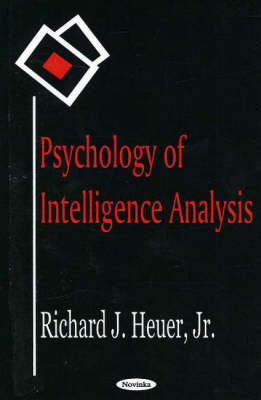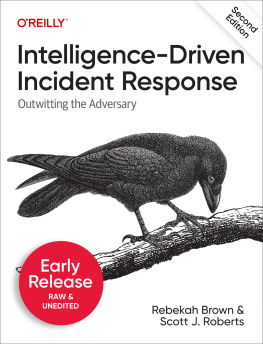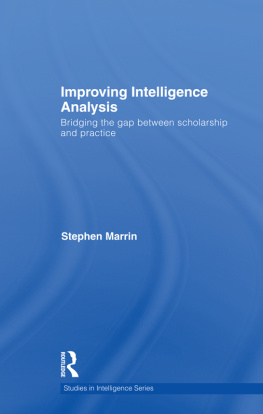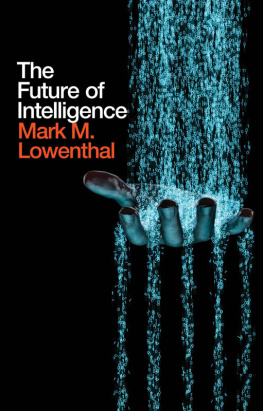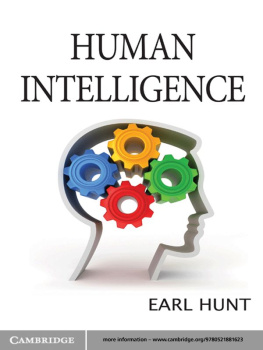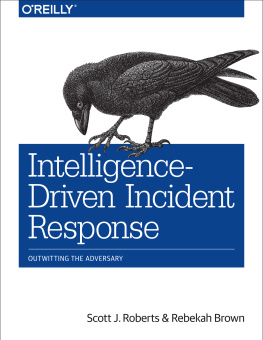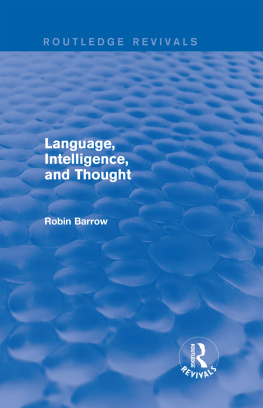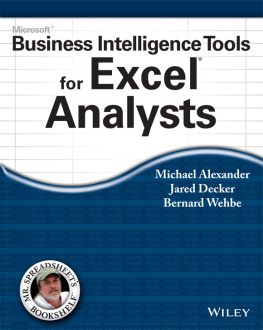Analysis of Competing Hypotheses
Analysis of competing hypotheses, sometimes abbreviated ACH, is a tool to aid judgment on important issues requiring careful weighing of alternative explanations or conclusions. It helps an analyst overcome, or at least minimize, some of the cognitive limitations that make prescient intelligence analysis so difficult to achieve.
ACH is an eight-step procedure grounded in basic insights from cognitive psychology, decision analysis, and the scientific method. It is a surprisingly effective, proven process that helps analysts avoid common analytic pitfalls. Because of its thoroughness, it is particularly appropriate for controversial issues when analysts want to leave an audit trail to show what they considered and how they arrived at their judgment.
*******************
When working on difficult intelligence issues, analysts are, in effect, choosing among several alternative hypotheses. Which of several possible explanations is the correct one? Which of several possible outcomes is the most likely one? As previously noted, this book uses the term "hypothesis" in its broadest sense as a potential explanation or conclusion that is to be tested by collecting and presenting evidence.
Analysis of competing hypotheses (ACH) requires an analyst to explicitly identify all the reasonable alternatives and have them compete against each other for the analyst's favor, rather than evaluating their plausibility one at a time.
The way most analysts go about their business is to pick out what they suspect intuitively is the most likely answer, then look at the available information from the point of view of whether or not it supports this answer. If the evidence seems to support the favorite hypothesis, analysts pat themselves on the back ("See, I knew it all along!") and look no further. If it does not, they either reject the evidence as misleading or develop another hypothesis and go through the same procedure again. Decision analysts call this a satisficing strategy. (See Chapter 4, Strategies for Analytical Judgment.) Satisficing means picking the first solution that seems satisfactory, rather than going through all the possibilities to identify the very best solution. There may be several seemingly satisfactory solutions, but there is only one best solution.
Chapter 4 discussed the weaknesses in this approach. The principal concern is that if analysts focus mainly on trying to confirm one hypothesis they think is probably true, they can easily be led astray by the fact that there is so much evidence to support their point of view. They fail to recognize that most of this evidence is also consistent with other explanations or conclusions, and that these other alternatives have not been refuted.
Simultaneous evaluation of multiple, competing hypotheses is very difficult to do. To retain three to five or even seven hypotheses in working memory and note how each item of information fits into each hypothesis is beyond the mental capabilities of most people. It takes far greater mental agility than listing evidence supporting a single hypothesis that was pre-judged as the most likely answer. It can be accomplished, though, with the help of the simple procedures discussed here. The box below contains a step-by-step outline of the ACH process.
Step 1
Identify the possible hypotheses to be considered. Use a group of analysts with different perspectives to brainstorm the possibilities.
Psychological research into how people go about generating hypotheses shows that people are actually rather poor at thinking of all the possibilities. If a person does not even generate the correct hypothesis for consideration, obviously he or she will not get the correct answer.
Step-by-Step Outline of Analysis of Competing Hypotheses
- Identify the possible hypotheses to be considered. Use a group of analysts with different perspectives to brainstorm the possibilities.
- Make a list of significant evidence and arguments for and against each hypothesis.
- Prepare a matrix with hypotheses across the top and evidence down the side. Analyze the "diagnosticity" of the evidence and arguments--that is, identify which items are most helpful in judging the relative likelihood of the hypotheses.
- Refine the matrix. Reconsider the hypotheses and delete evidence and arguments that have no diagnostic value.
- Draw tentative conclusions about the relative likelihood of each hypothesis. Proceed by trying to disprove the hypotheses rather than prove them.
- Analyze how sensitive your conclusion is to a few critical items of evidence. Consider the consequences for your analysis if that evidence were wrong, misleading, or subject to a different interpretation.
- Report conclusions. Discuss the relative likelihood of all the hypotheses, not just the most likely one.
- Identify milestones for future observation that may indicate events are taking a different course than expected.
It is useful to make a clear distinction between the hypothesis generation and hypothesis evaluation stages of analysis. Step 1 of the recommended analytical process is to identify all hypotheses that merit detailed examination. At this early hypothesis generation stage, it is very useful to bring together a group of analysts with different backgrounds and perspectives. Brainstorming in a group stimulates the imagination and may bring out possibilities that individual members of the group had not thought of. Initial discussion in the group should elicit every possibility, no matter how remote, before judging likelihood or feasibility. Only when all the possibilities are on the table should you then focus on judging them and selecting the hypotheses to be examined in greater detail in subsequent analysis.
When screening out the seemingly improbable hypotheses that you do not want to waste time on, it is necessary to distinguish hypotheses that appear to be disproved from those that are simply unproven . For an unproven hypothesis, there is no evidence that it is correct. For a disproved hypothesis, there is positive evidence that it is wrong. As discussed in Chapter 4, "Strategies for Analytical Judgment," and under Step 5 below, you should seek evidence that disproves hypotheses. Early rejection of unproven, but not disproved, hypotheses biases the subsequent analysis, because one does not then look for the evidence that might support them. Unproven hypotheses should be kept alive until they can be disproved.
One example of a hypothesis that often falls into this unproven but not disproved category is the hypothesis that an opponent is trying to deceive us. You may reject the possibility of denial and deception because you see no evidence of it, but rejection is not justified under these circumstances. If deception is planned well and properly implemented, one should not expect to find evidence of it readily at hand. The possibility should not be rejected until it is disproved, or, at least, until after a systematic search for evidence has been made and none has been found.
There is no "correct" number of hypotheses to be considered. The number depends upon the nature of the analytical problem and how advanced you are in the analysis of it. As a general rule, the greater your level of uncertainty, or the greater the policy impact of your conclusion, the more alternatives you may wish to consider. More than seven hypotheses may be unmanageable; if there are this many alternatives, it may be advisable to group several of them together for your initial cut at the analysis.
Step 2

